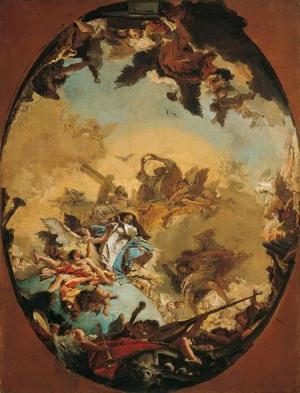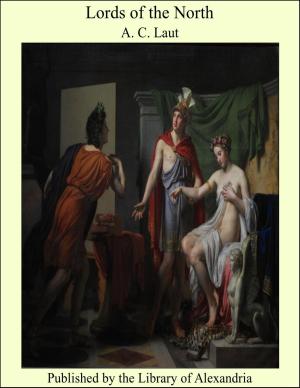Savva and the Life of Man: Two Plays by Leonid Andreyev
Nonfiction, Religion & Spirituality, New Age, History, Fiction & Literature| Author: | Leonid Nikolayevich Andreyev | ISBN: | 9781465590251 |
| Publisher: | Library of Alexandria | Publication: | March 8, 2015 |
| Imprint: | Language: | English |
| Author: | Leonid Nikolayevich Andreyev |
| ISBN: | 9781465590251 |
| Publisher: | Library of Alexandria |
| Publication: | March 8, 2015 |
| Imprint: | |
| Language: | English |
For the last twenty years Leonid Andreyev and Maxim Gorky have by turns occupied the centre of the stage of Russian literature. Prophetic vision is no longer required for an estimate of their permanent contribution to the intellectual and literary development of Russia. It represents the highest ideal expression of a period in Russian history that was pregnant with stirring and far-reaching events—the period of revolution and counter-revolution. It was a period when Russian society passed from mood to mood at an extremely rapid tempo: from energetic aggressiveness, exultation, high hope, and confident trust in the triumph of the people's cause to apathetic inaction, gloom, despair, frivolity, and religious mysticism. This important dramatic epoch in the national life of Russia Andreyev and Gorky wrote down with such force and passion that they became recognized at once as the leading exponents of their time. Despite this close external association, their work differs essentially in character. In fact, it is scarcely possible to conceive of greater artistic contrasts. Gorky is plain, direct, broad, realistic, elemental. His art is native, not acquired. Civilization and what learning he obtained later through the reading of books have influenced, not the manner or method of his writing, but only its purpose and occasionally its subject matter. It is significant to watch the dismal failure Gorky makes of it whenever, in concession to the modern literary fashion, he attempts the mystical. Symbolism is foreign to him except in its broadest aspects. His characters, though hailing from a world but little known, and often extreme and extremely peculiar, are on the whole normal.
For the last twenty years Leonid Andreyev and Maxim Gorky have by turns occupied the centre of the stage of Russian literature. Prophetic vision is no longer required for an estimate of their permanent contribution to the intellectual and literary development of Russia. It represents the highest ideal expression of a period in Russian history that was pregnant with stirring and far-reaching events—the period of revolution and counter-revolution. It was a period when Russian society passed from mood to mood at an extremely rapid tempo: from energetic aggressiveness, exultation, high hope, and confident trust in the triumph of the people's cause to apathetic inaction, gloom, despair, frivolity, and religious mysticism. This important dramatic epoch in the national life of Russia Andreyev and Gorky wrote down with such force and passion that they became recognized at once as the leading exponents of their time. Despite this close external association, their work differs essentially in character. In fact, it is scarcely possible to conceive of greater artistic contrasts. Gorky is plain, direct, broad, realistic, elemental. His art is native, not acquired. Civilization and what learning he obtained later through the reading of books have influenced, not the manner or method of his writing, but only its purpose and occasionally its subject matter. It is significant to watch the dismal failure Gorky makes of it whenever, in concession to the modern literary fashion, he attempts the mystical. Symbolism is foreign to him except in its broadest aspects. His characters, though hailing from a world but little known, and often extreme and extremely peculiar, are on the whole normal.















